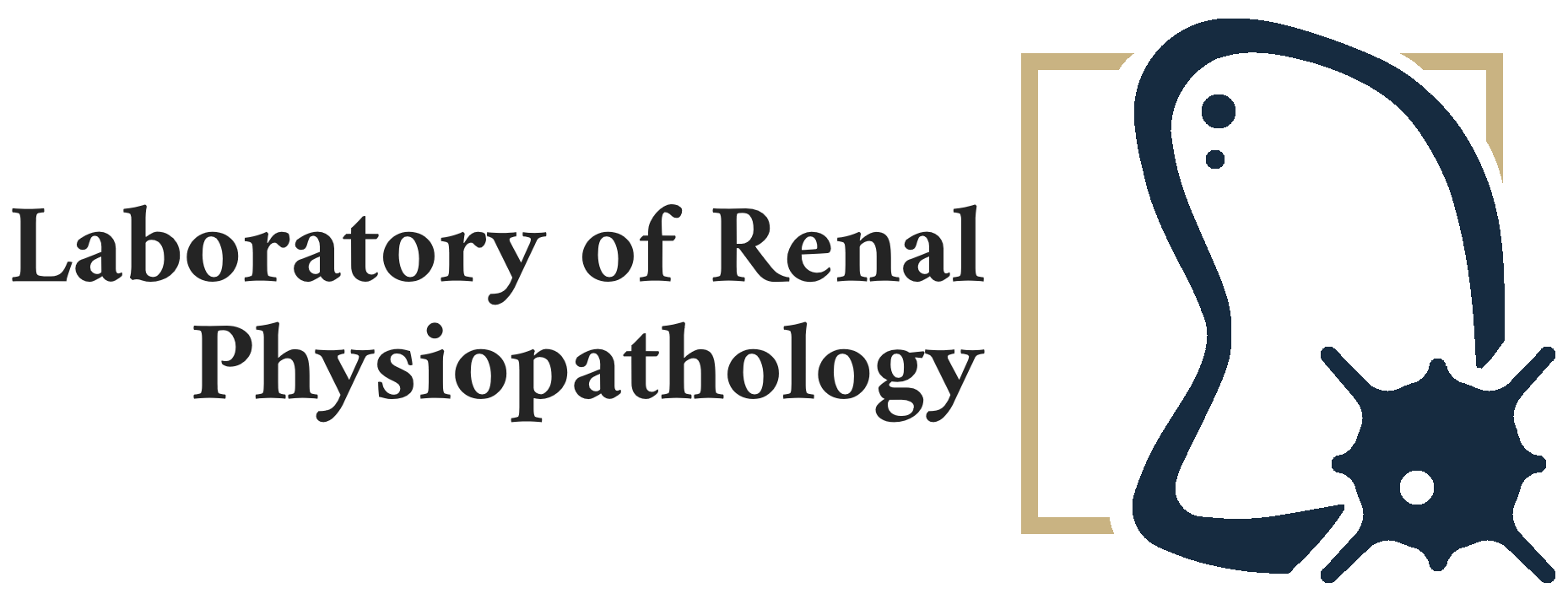Our Laboratory
-
About Us
Our laboratory has been operating since 2016, now located at Universidad San Sebastián. Our commitment is to do research in basic nephrology with a highest standard possible and in an excellent work ambiance.
-
Research
Our main objective is to integrate immunological concepts in nephrology in order to understand the progression of chronic kidney disease and high blood pressure.
-
Publications
The communication of our research in scientific events, press, and scientific journals is essential for the promotion of the knowledge and to take care of renal health.
So How Does It Work?

In vivo Experimental Models
In vivo Experimental Models
We work with different models in experimental animals, from simple procedures to kidney transplant. We perform physiological procedures to determine renal function in real-time. All animal experimentations are in accordance with national and international ethical guidelines and are approved by ethical committees.
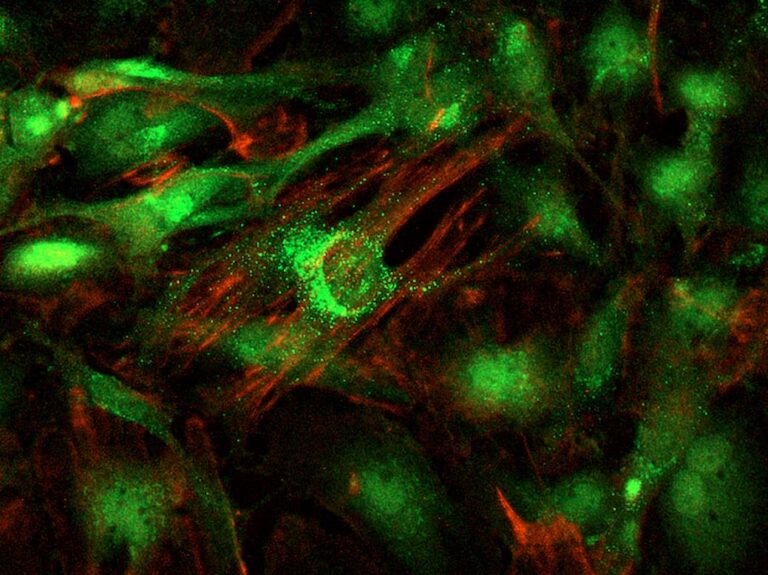
Cell Culture
Cell Culture
We mainly work with primary cultures of renal medulla cells and immune cells (macrophages and dendritic cells), from Wild Type mice and transgenic mice. In addition, we perform different analysis by flow cytometry.
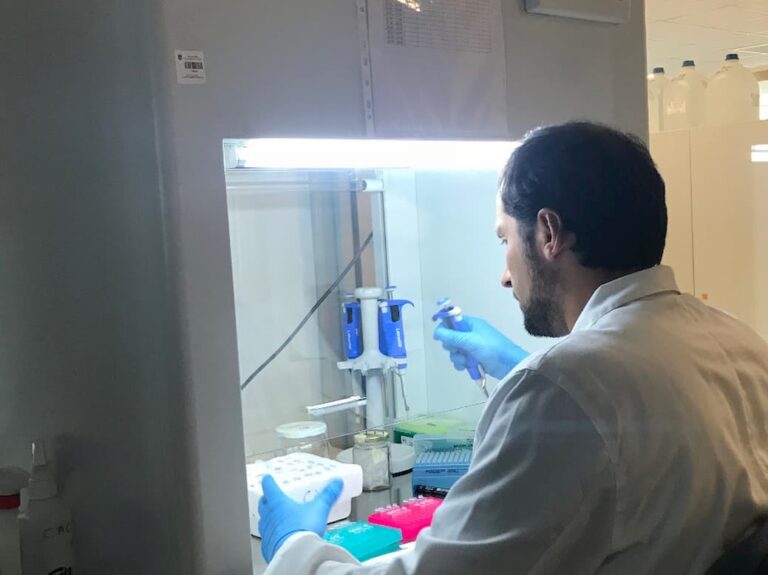
Molecular Biology
Molecular Biology
We analyze the abundance of different genes by quantitative RT-PCR from tissues, blood cells and cells in culture. Currently, we analyze urine biomarkers from patients underwent kidney transplant
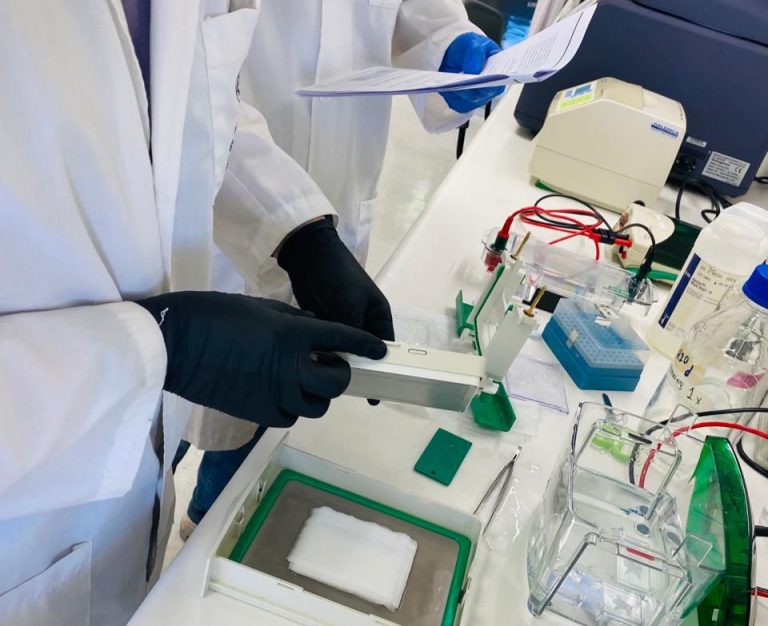
Biochemistry Analysis
Biochemistry Analysis
We perform biochemical studies, such as ELISA or Western Blot, or enzymatic reactions in order to determine renal function in our experimental models (plasma creatinine and urea).
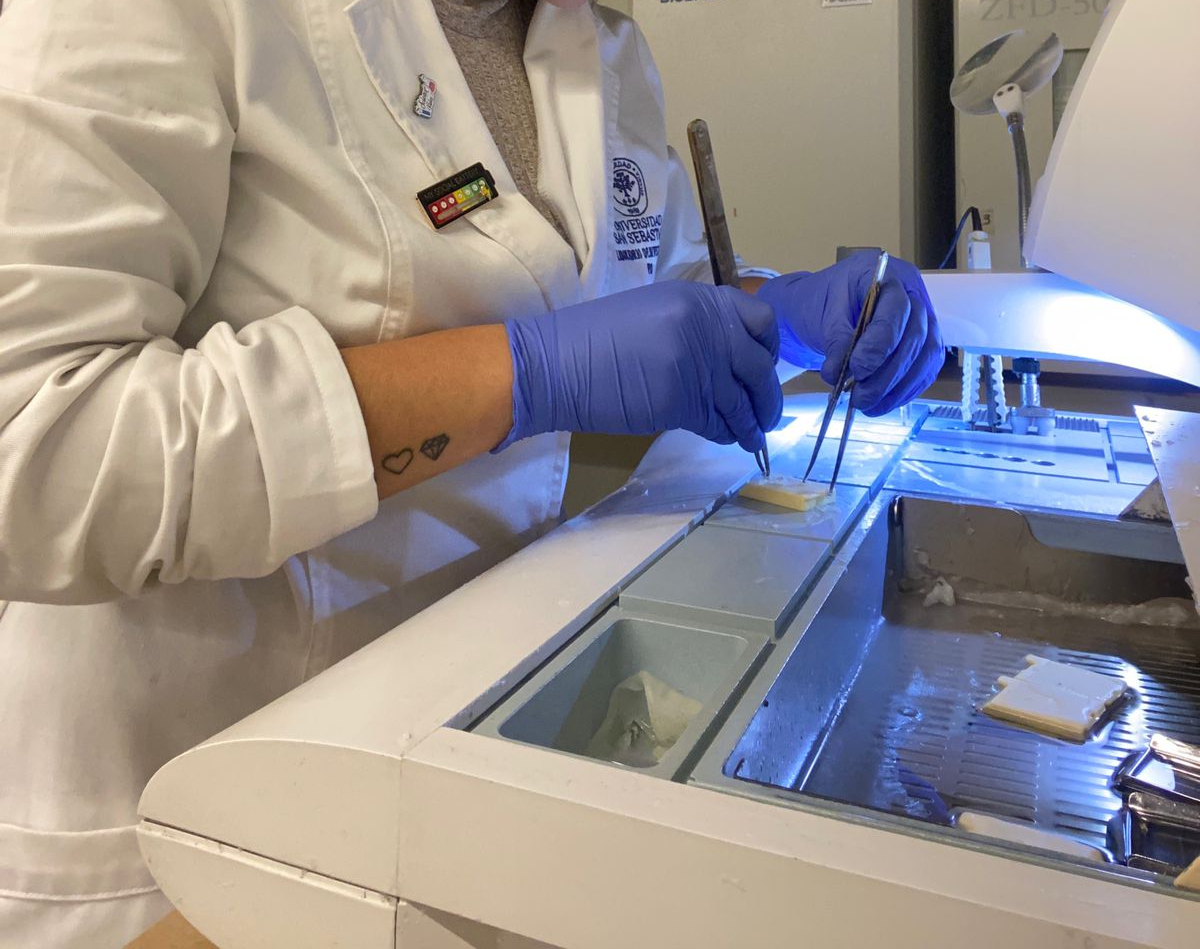
Histological Analysis
Histological Analysis
Utilizing various techniques such as H&E, Masson’s Trichrome, PAS, and IHQ, we gain a comprehensive understanding of the morphological and molecular effects of experimental conditions on our animal models.
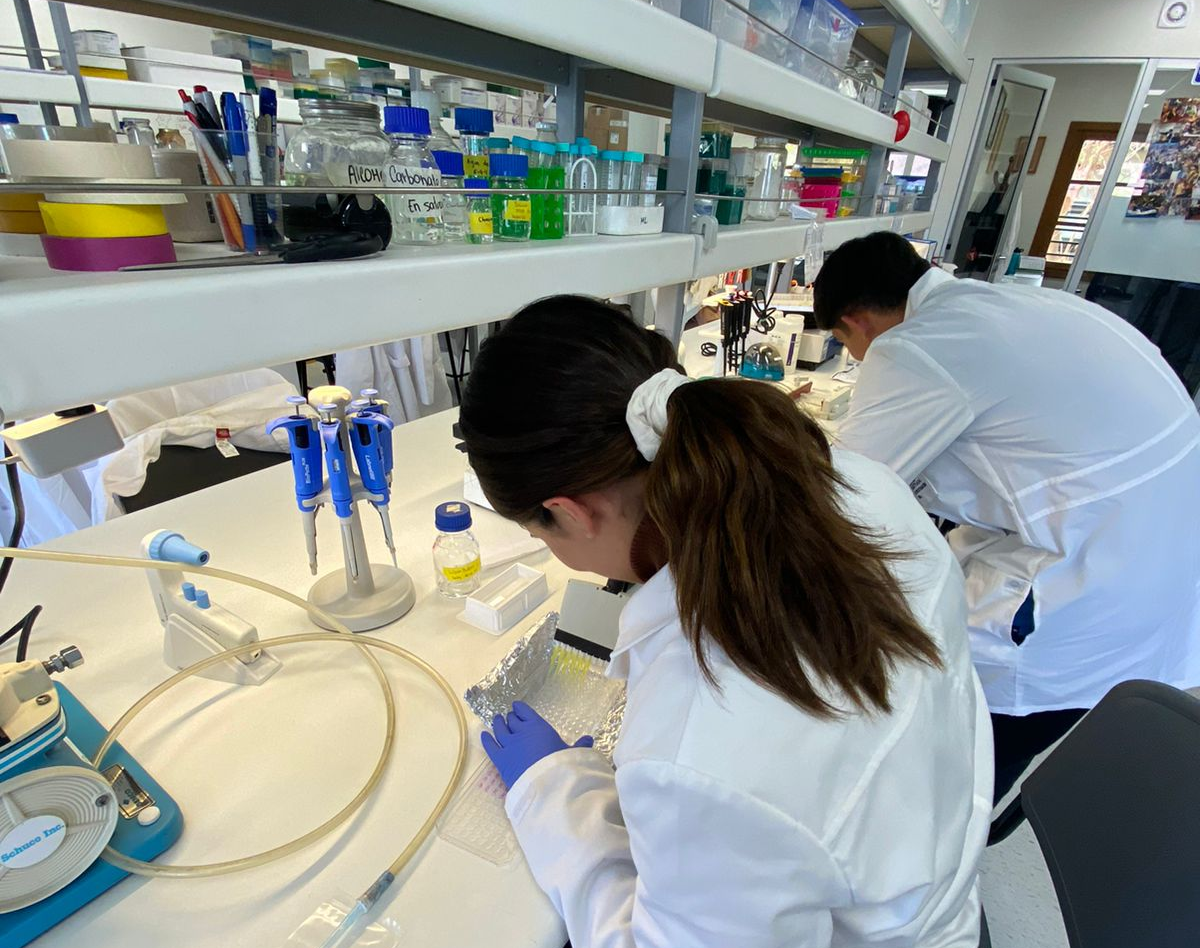
Workbench Area
Workbench Area
Exclusive area where we perform experimental procedures for processing and obtaining samples, and for analyzing with different cellular/molecular biology biochemistry techniques.
